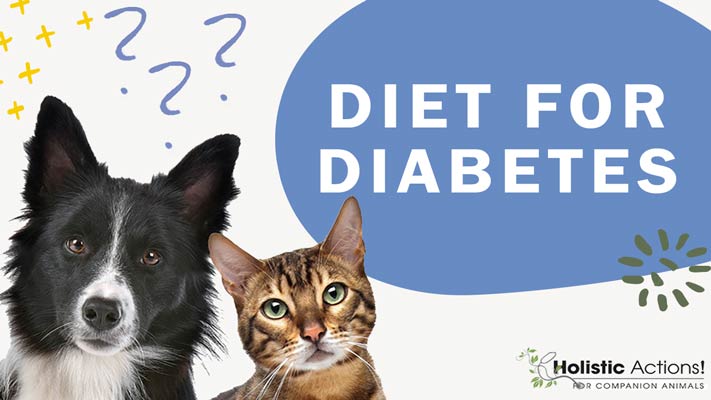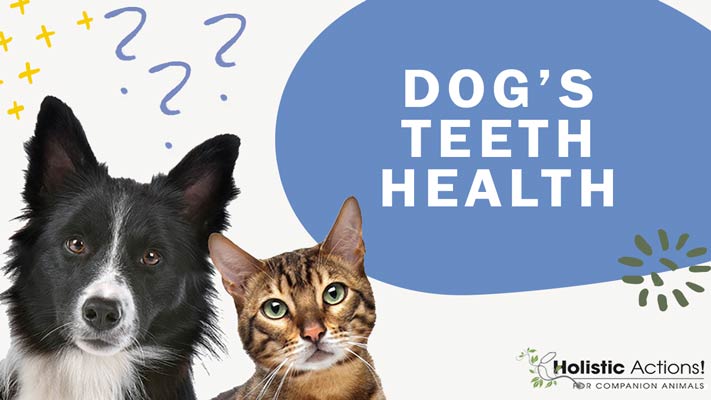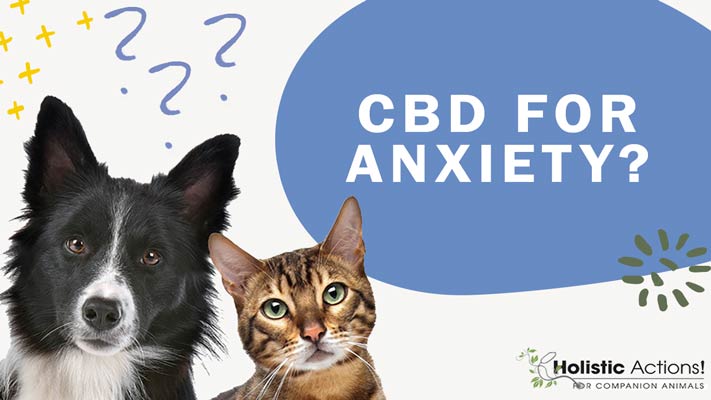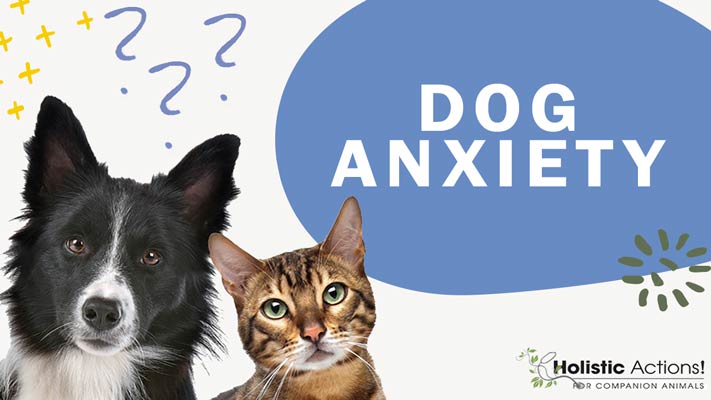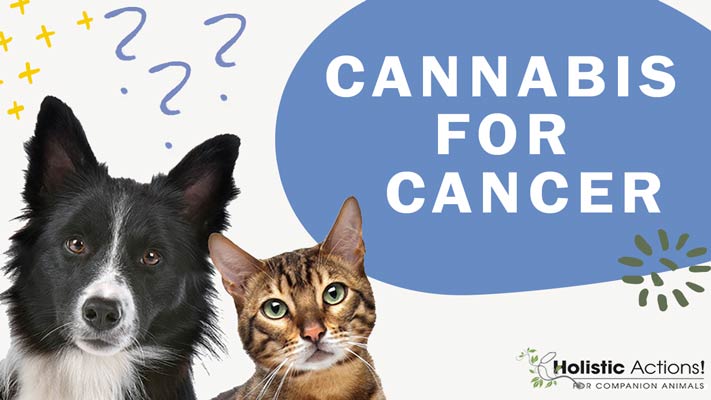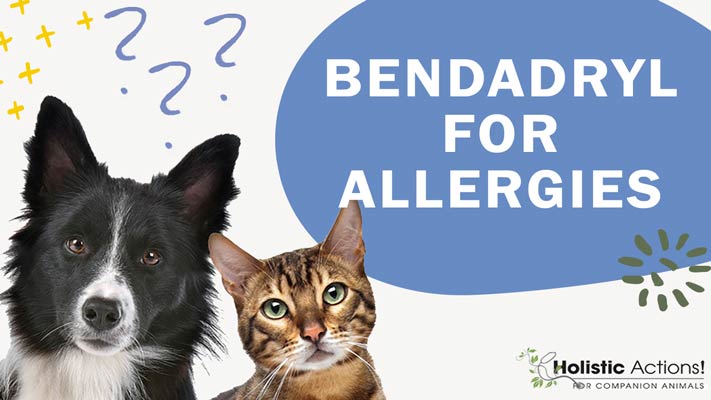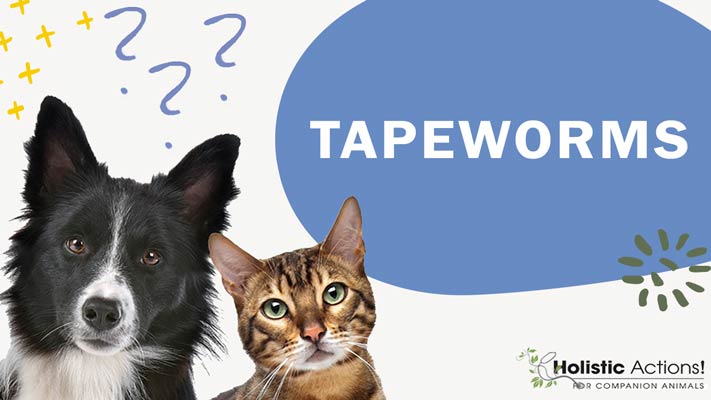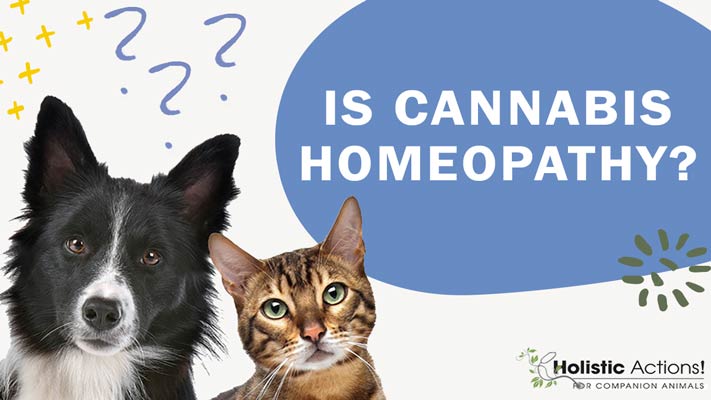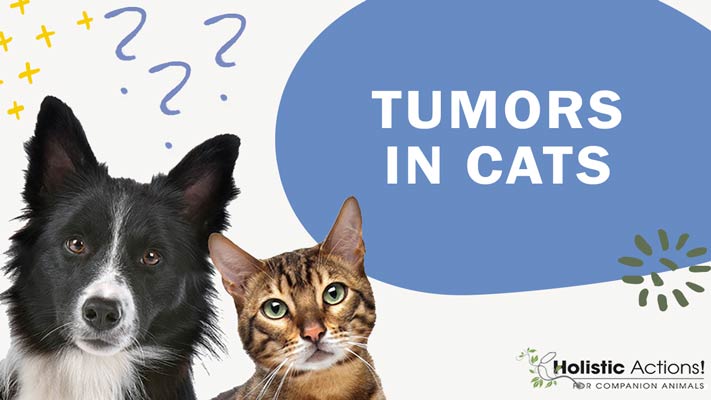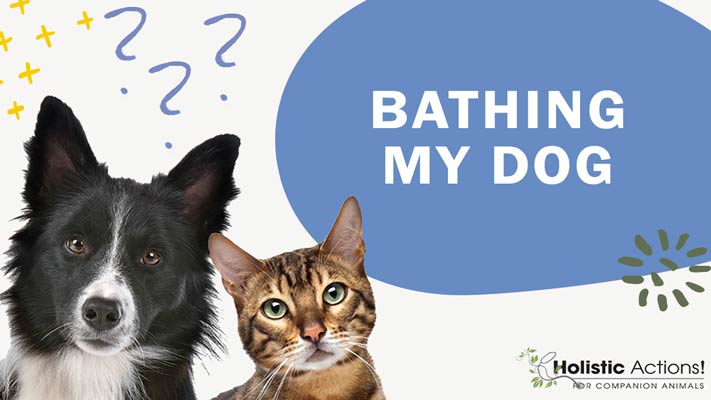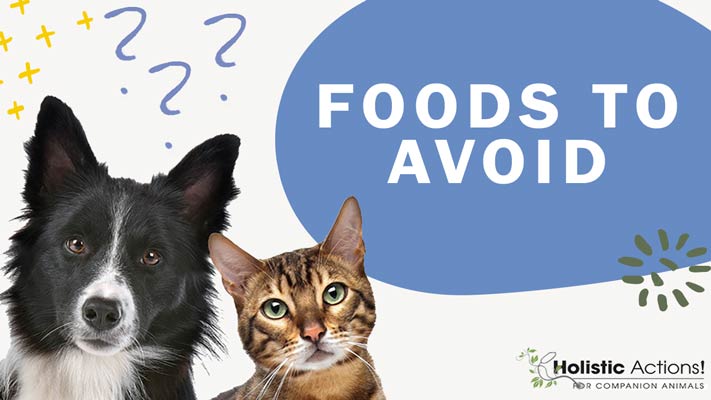
What Foods Should I Avoid Feeding My Dog?
Answered by Dr. Christina Chambreau
Commercial Foods
The most important for me, with 45 years of experience in the veterinary field, is to avoid feeding commercial foods to your dog which include kibble or canned food. Those really caused the most long-term damage. Now, there are a few foods and non-food substances that are good to avoid. There are many websites that list foods that I’ve had no problems with. So, in my experience, these are the foods to be avoiding.
Alcohol and THC
Number one is to definitely avoid alcohol, avoid caffeine, avoid Xylitol and products that have Xylitol in them. Avoid the THC part of cannabis which is marijuana. You also want to avoid any products that are prescription products for pain or for sleeping for humans that are THC and CBD. So, just be sure that if you’re using a CBD product it does not have any marijuana in it, and don’t marijuana.
Dark Chocolate
Now chocolate, of course, if it’s really high quality it’ll have a lot of theobromine which can stop a dog’s heart, especially if they’re sensitive to it. You definitely want to avoid that for your dogs and your cats.
Onions
You want to avoid feeding a lot of onions like onion soup or a stock made with a lot of onions. A little bit of onion that’s left in your salad or fried rice that you’re feeding, I wouldn’t worry about that.
Grapes and Raisins
In the past, many people have fed grapes and raisins to their dogs with no problems. Yet, in the last 15 years, we’ve seen deaths from feeding grapes and raisins to dogs, even organic ones. We’re not sure why but it does cause renal failure and that’s really something to avoid. Now, if you’ve always been feeding your dog grapes and raisins, I wouldn’t worry about it at this point.
Avocados
Avocados are fine to feed. They’re on all the list and you don’t want to feed an avocado pit. They might choke on it if they’re a big enough dog. You should avoid feeding the skin, although a lot of my colleagues in tropical areas say they’ve not seen problems with avocado skin but you know what? There’s even food made from avocados called AvoDerm. So, I wouldn’t worry about feeding avocado and it’s a good source of nutrients and fats.
Toxic Plants
Finally, there are a number of plants that are toxic to dogs. So, be sure to check on that and your list of local plants. This is too long to go into on this food talk and there are many symptoms caused by food poisoning. These symptoms range from diarrhea to itching to death to renal disease and to heart disease with theobromine. It just depends on the chemicals in the sensitivity of your animal and of course treatments would depend on what was used.
If you’re ever worried your pet has eaten something toxic, reach for charcoal. Not the kind you cook with but activated charcoal which you can get at the health food store or most pharmacies and grocery store pharmacies.
I’m Dr. Christina Chambreau. I’m a licensed veterinarian and I’m with Holistic Actions! where you can find out more about anxieties. Hope to see you.
Suggested Treatments:
- Feed wide variety of good foods
- Avoid these few foods
- Keep a journal of what they like
Related Symptoms:
- Diarrhea
- Lower energy
- Vomiting
DISCLAIMER: Holistic Actions! does not provide advice on certified medical treatments. Content is intended for informational purposes only and to equip you with the tools needed for Holistic Medical Decision Making (HMDM). It is not a substitute for clinical assessment, diagnosis, or treatment. Never use content found on the Holistic Actions! website as the basis for ignoring advice from your veterinarian to seek treatment. If you think you may have a veterinary emergency, please call your vet or an animal hospital immediately.
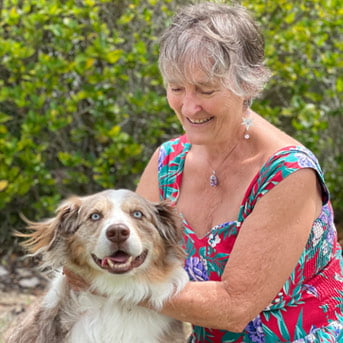
Dr. Christina
Christina Chambreau, DVM, is an internationally known homeopathic veterinarian and associate editor of the Integrative Veterinary Care Journal, she’s written several books on animal healthcare.
After opening her own homeopathy veterinary practice in 1983, she founded the Academy Of Veterinary Homeopathy and was on the faculty of the National Center for Homeopathy Summer School for ten years.
Dr. Christina is also an integrative medicine adjunct faculty liaison for the Maryland Veterinary Technician Program and lectures on a wide array of topics including integrating holistic options into veterinary practices, as well as guidance on how to choose the best approaches to heal animals and sustainability.

